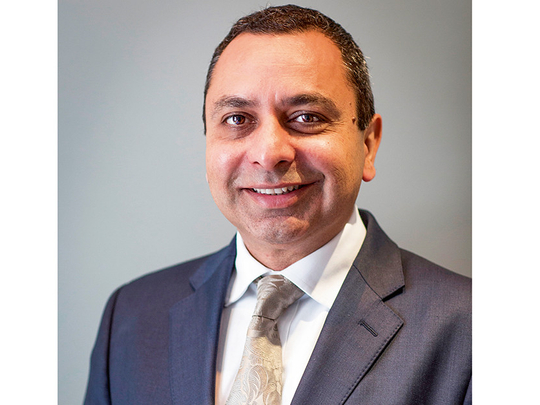
Dubai: If you are one of those who reach out for ‘pick-me-up’ sugary delights like latte, crisps, biscuits and donuts over healthy food options to keep your day going, then trust us, it is your sleepless nights that are doing you all the harm. Sleep deprivation may cause overeating by boosting chemicals for appetite as well as those that increase the pleasure of eating sweet or salty high-fat foods. It may help to note that sleep deprivation initiates the process of getting obese by amplifying and extending blood levels of a chemical signal that enhances the joy of eating.
A study led by King’s College London found that sleep-deprived people consumed an average of 385 kilo calories per day extra, which is equivalent to the calories of about four and a half slices of bread. The analysis included studies that compared a partial sleep restriction intervention with an unrestricted sleep control and measured the individuals’ energy intake over the next 24 hours. They found that partial sleep deprivation did not have a significant effect on how much energy people expended in the subsequent 24 hours. Therefore, participants had a net energy gain of 385 calories per day.
Two hormones in our body play an important role in controlling appetite and satiety. Ghrelin stimulates appetite, causing us to eat; Leptin suppresses appetite—so that we stop eating—and stimulates energy expenditure. In a properly functioning brain, the two hormones are released on and off to regulate normal feelings of hunger. Sleep deprivation can however alter Ghrelin and Leptin levels. The effects of sleep loss on appetite seem to be most powerful in the late afternoon and early evening, times when snacking has been linked to weight gain. It is certain that when you are sleep deprived, your cravings for certain foods get stronger and your ability to resist them is impaired. It seems harmless when done for a day or two but over a period of time, you pack on the pounds. If you’re chronically sleep-deprived and consume more high-calorie foods, it’s likely those calories will be deposited around your middle, forming fat deposits that are especially dangerous for raising your risk of obesity-related illnesses like diabetes, heart diseases and hypertension.
To fight sleep deprivation, rest well, work out early in the morning and eat right.
- The writer is medical director at The London Sleep Centre Dubai











